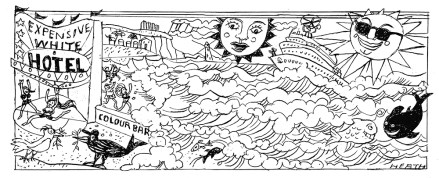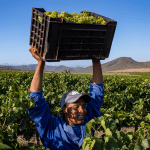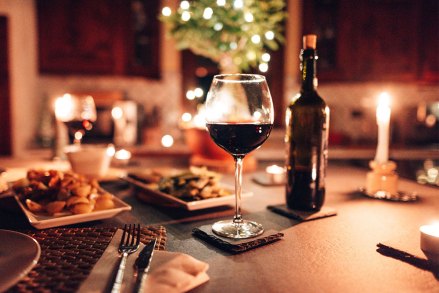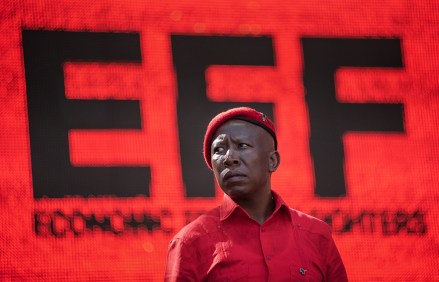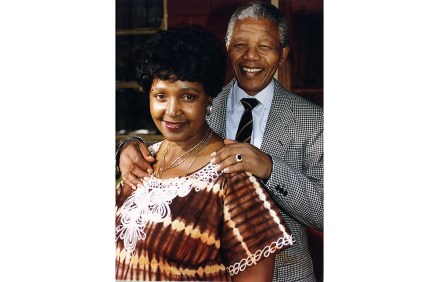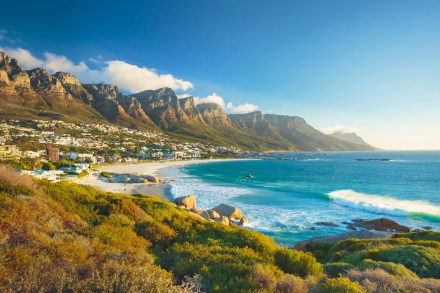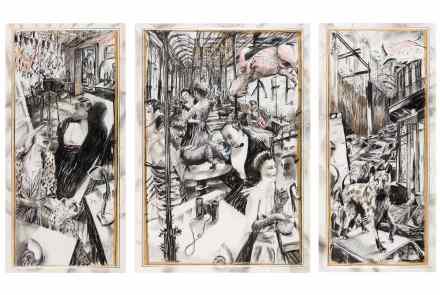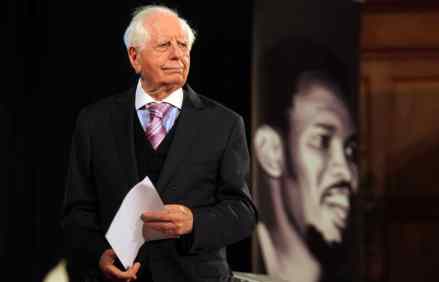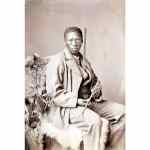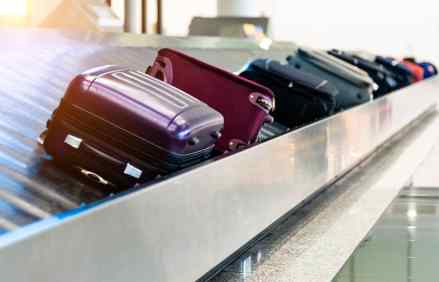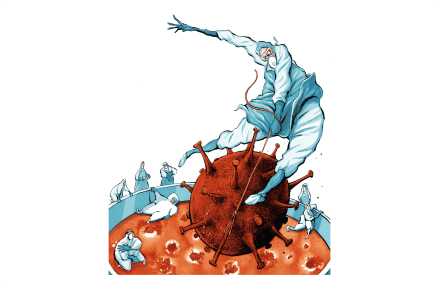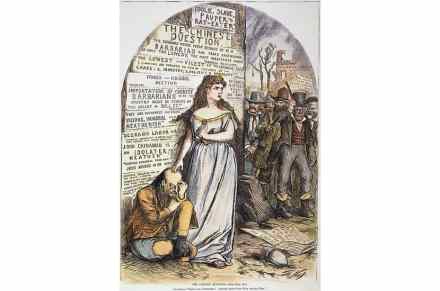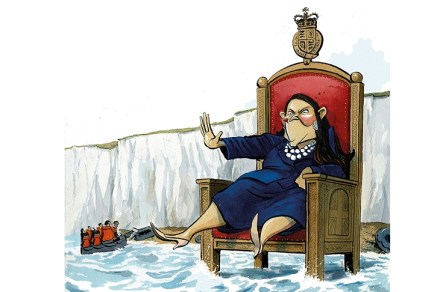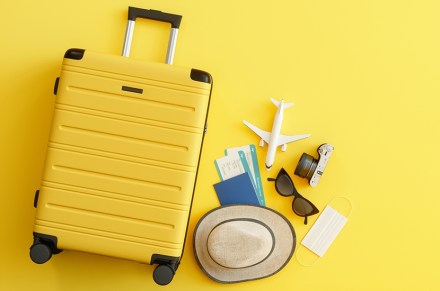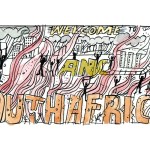Why do South Africans still support the ANC?
Support for South Africa’s ruling party, the African National Congress, has just fallen below 40 per cent, which makes it very likely that, come the May election, there’ll be a coalition government. I’m surprised that support for the ANC is as high as it is. Across South Africa, states run by the ANC are failing. Infrastructure has collapsed and unrepaired sewage systems mean the water is polluted and poisonous. Electrical systems are down and the railways and ports are often closed. Property prices in Cape Town soar as South Africans flee here from all across the rest of the country. Because South Africa’s rand has collapsed against the euro (and
